DIY vs Professional Electrician: What You Need to Know
Enjoy reading the latest DIY articles and saving money?
Receive our latest helpful hints, tricks and savings, directly to your inbox.
Posted January 19, 2021
There are a lot of jobs that DIYers can tackle. However, that’s not always the case when it comes to being your own electrician. Many consumers with the desire to improve and care for their homes are taking on advanced electrical projects.
Consumers who own older homes face declining home values and may choose not to hire a licensed professional when they need electrical work done. Unfortunately, many of these individuals do not have the experience or training to do these kinds of jobs.
DIY electrical work can make your home a safety hazard. Even worse, you can receive an injury or get electrocuted if you don’t know what you’re doing.
To learn whether to do DIY electrical work or hire a professional, keep reading.
Knowing the Signs of Electrical Trouble
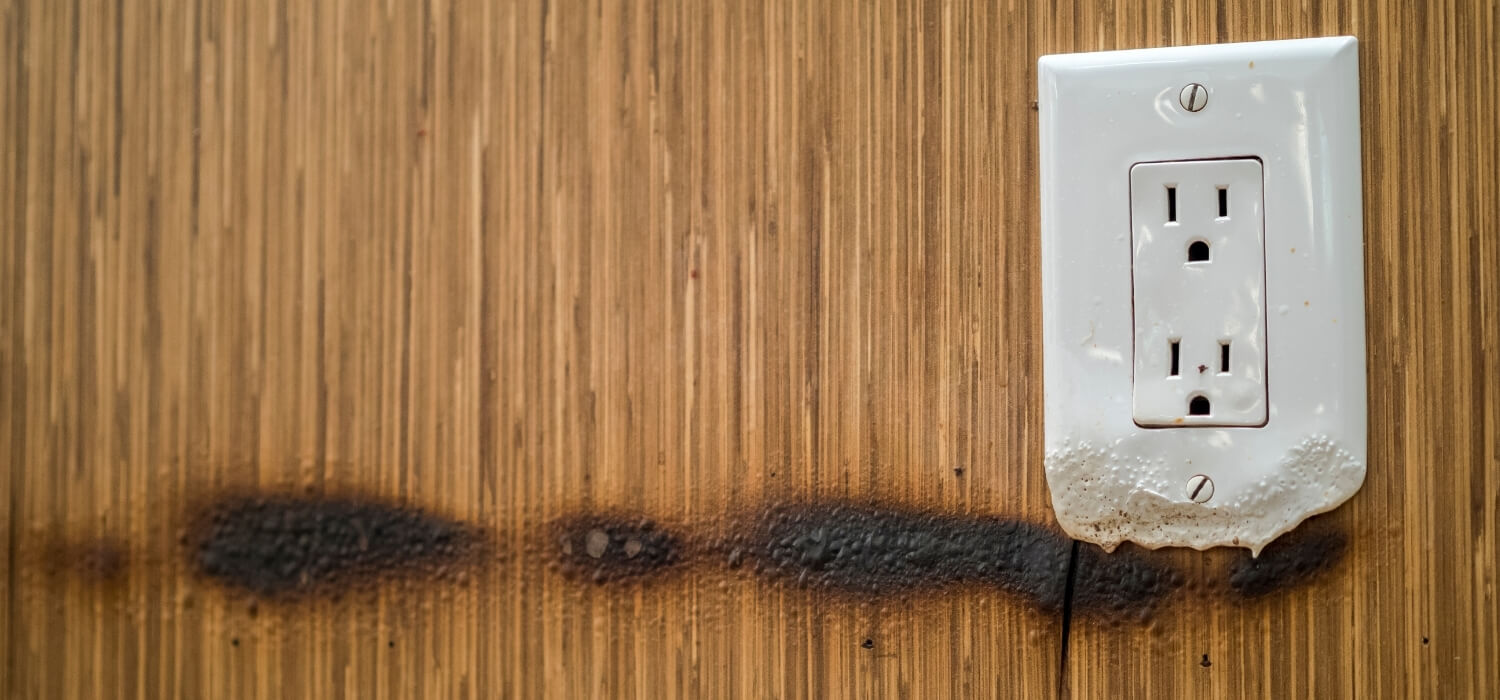
Many things may compel you to take on an electrical repair project. For instance, electrical appliances generate heat as they draw current. However, your outlets should never get hot.
If your outlets get hot when you use them, that’s a sure sign of trouble. You should unplug anything from that receptacle immediately.
Also, you may believe that flickering lights are commonplace. However, it’s more likely that you have a loose connection somewhere.
If a single light flickers, you may only have a problem in one area. However, if the lamps in an entire room flicker, you may have a problem further along the circuit.
Alternatively, lights may flicker throughout the whole house. Then, you may have a problem with the breaker box or equipment outside of your home. In this instance, you have no choice but to hire an electrician to repair the problem.
Electrical Problems with Aging Homes

If your home is older, other problems may exist. In the 60s and 70s, the cost of copper was high. As a result, many homebuilders used single-strand aluminum wire to run electrical lines.
Then, it seemed like a good idea. However, homebuilders realized that aluminum oxidizes much faster than copper. This degradation promoted heat buildup and presented a fire hazard.
In laboratory tests, aluminum wiring performed fine. However, this wasn’t the case in the real world. If you have an older home, you may need to hire a contractor to check out your electrical system to make sure that it does not contain aluminum wiring.
Another sure sign of electrical trouble is a smell that resembles burning plastic. It’s the unmistakable odor of something frying because of an electrical issue.
If your electrical system is melting plastic seething, your home faces the imminent threat of a fire. In this instance, you must call a skilled electrician immediately.
Make Sure Your System Is Grounded!
Problemed grounding is another serious electrical issue faced by some homeowners. An improperly grounded electrical system can result in a disastrous blowout.
If, for instance, lightning occurs on or near your residence, the strike can rupture an improperly grounded gas line. This event can create a gas leak – or worse – an explosion, so you must ground your electrical system.
You may feel a shock when you touch metal objects connected to your home’s structure. This sensation may indicate that your home is not grounded right.
Also, sometimes homeowners or an under the table electrician may update an older home with three-prong outlets without grounding them. This oversight is a dangerous mistake that can place you and your family at extreme risk.
Hiring an Electrician vs DIY
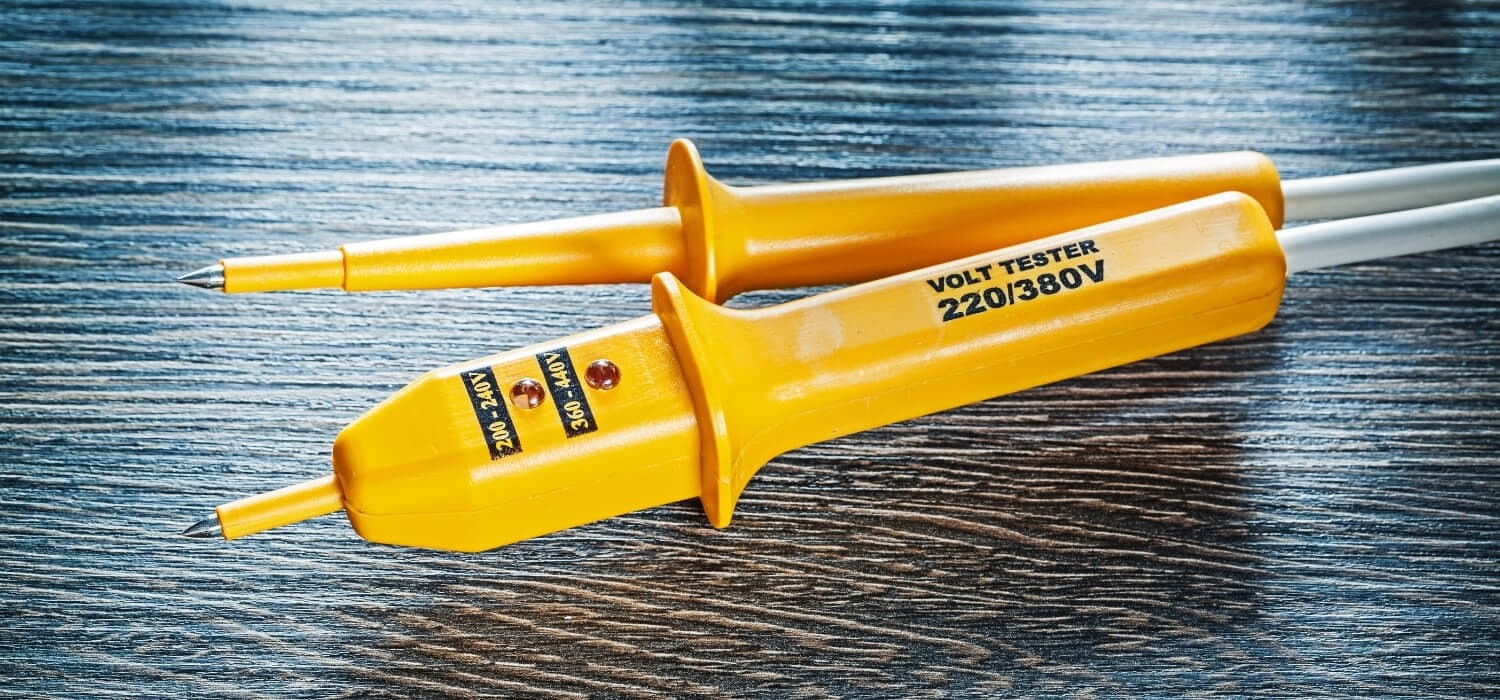
It may seem like a good idea to fix electrical problems yourself, especially if you’re in a financial bind. However, electricians train to repair wiring.
Should you decide to work on an electrical problem yourself, there are a couple of things that you should know. To begin with, you must check and double-check that the power is off on anything that you repair.
An electrical safety check goes beyond turning off the main breaker. Instead, you’ll need a non-contact voltage tester to check the line. After you turn off all the breakers, you’ll use this tool to double-check that the circuits you’re working on are not live.
Safety First: Thinking Ahead
You must consider electrical safety not only for yourself and your family but also for the people who may live in your home in the future. Solid engineering, proper grounding, solid wiring connections, and other practices ensure a safe electrical system. However, it’s also essential to have the skill to evaluate whether a circuit is safe to use.
For example, an oversized breaker can result in a disastrous fire. Initially, the breaker may work fine. However, a fire can break out years later after additional demands overload the circuit.
It’s also important to understand that because someone is licensed to do electrical work, that doesn’t mean that they’ll do a good job. The idea of licensing is to ensure safety. However, it’s not a guarantee.
Please Note: An Electrical Job Is Only as Good as the Electrician
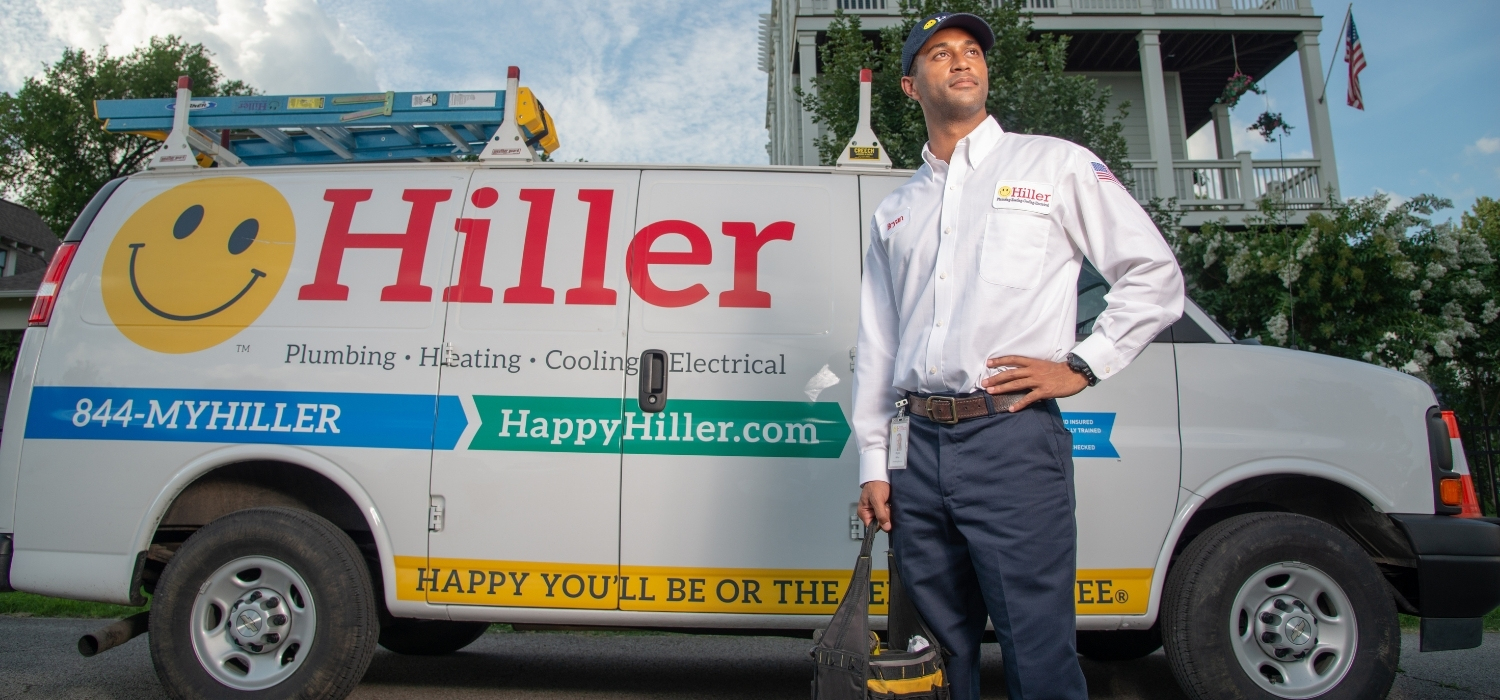
Everyone has a different work ethic. A neat wiring job and the efficient use of cable are important when doing electrical work. However, that doesn’t mean that all electricians follow those standards.
If you’re determined to do DIY electrical work, make sure you visit the licensing and inspection board in your municipality first. When you do electrical work, you’re 100% responsible for making sure that you follow all the rules and regulations in your area.
The Trouble With DIY Electrical Work
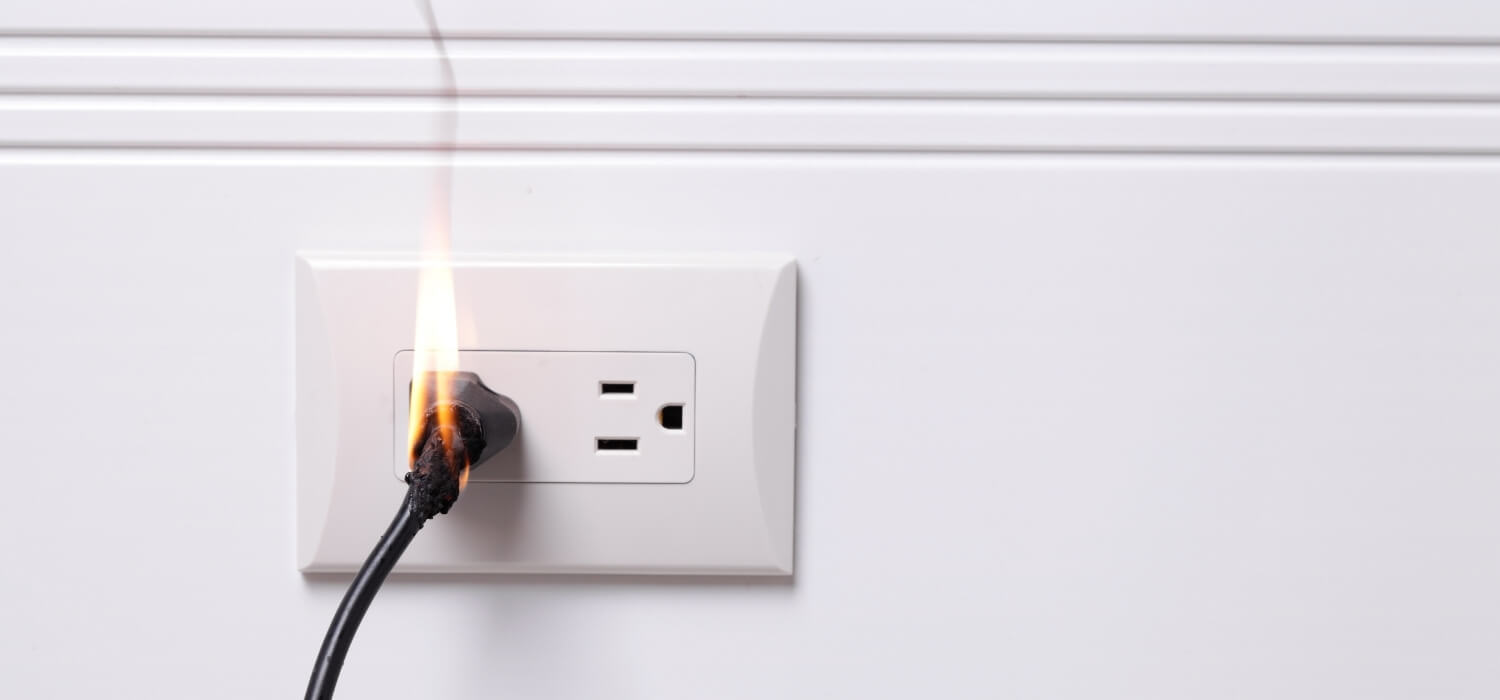
It takes comprehensive planning and extreme caution to work with electricity. Electricity is one area where it’s inadvisable to take any kind of shortcuts.
The latest data available from the Electrical Safety Foundation International (ESFI) reveals that consumers spent $3 billion on home improvement in 2011. Each year, however, there are almost 400 electrocutions in the US. Among those electrocutions, there are an average of 70 deaths every year.
According to the report, 14% of those electrocutions were because of wiring hazards and exposed wiring.
The ESFi goes on to reveal that over 350,000 residential property fires occur every year. These fires cause almost 2,500 deaths, over 13,000 injuries and generate approximately $7 billion in property loss. The top cause of these fires is an electrical malfunction.
The ESFi urges consumers to hire a qualified, licensed electrician to do electrical work. The organization suggests that if homeowners decide to do DIY electrical work that they understand some basic safety guidelines.
Working With Electricity Safely
To begin with, the group urges homeowners to learn about their electrical system before they do any work. The ESFi also encourages consumers not to take on projects that are beyond their skill set. The organization believes that knowing when to call a professional can prevent fires, injuries, and deaths.
The ESFi, like many other electrical safety advocates, implores homeowners to turn off the main circuit breaker before doing electrical work. Likewise, homeowners should unplug any electrical lamps or appliances before starting a DIY project. The group also warns homeowners never to touch plumbing or gas pipes when doing electrical work.
Often, a Professional Electrician Is a Better Choice

The average homeowner has close to a dozen unfinished home projects in mind. More than half of the homeowners in this group will attempt to complete those projects. However, only about a third of them will do so.
People love DIY shows, and TV networks know how to give consumers exactly what they want. Furthermore, there’s an endless supply of do-it-yourself information available on the internet.
All these sources of information make home repair work look easy. However, it’s important to understand that TV shows only have a limited amount of time to share information. As a result, a lot of what it takes to complete a project gets left out.
Also, a TV show will show you the length of an entire project within 30 minutes, whether the project takes a day, week, or month. As a result, limited production time skews a person’s perception of how long it takes to do a job right.
Hollywood magic aside, when you do DIY electrical work, you’re putting your life in your hands. Electrical work is dangerous. When repairing, you face the risk of shock, fire, and electrocution.
There’s Always Something New to Learn About Electrical Repair

As time goes on, electrical work only gets more dangerous. People use more electrical appliances and homes need to draw more current. As a result, more voltage flows through homes as each year passes.
Also, electrical systems contain hidden junction boxes and connections. If you don’t know the location of those components, you face an increased chance of getting shocked by one of these devices.
You must also know how to identify faulty wiring. Faulty wiring can cause shorts that can burn down your house. If you’ve purchased an existing structure, for instance, there’s no way to know who the previous owner hired to do electrical work.
You must understand how to navigate all these hazards to do electrical repairs. Furthermore, you must understand the permit process in your municipality for doing electrical work. Once you’ve completed the job, you must also submit to an inspection from a licensed electrical inspector.
Some Things Are Best Left to Professionals
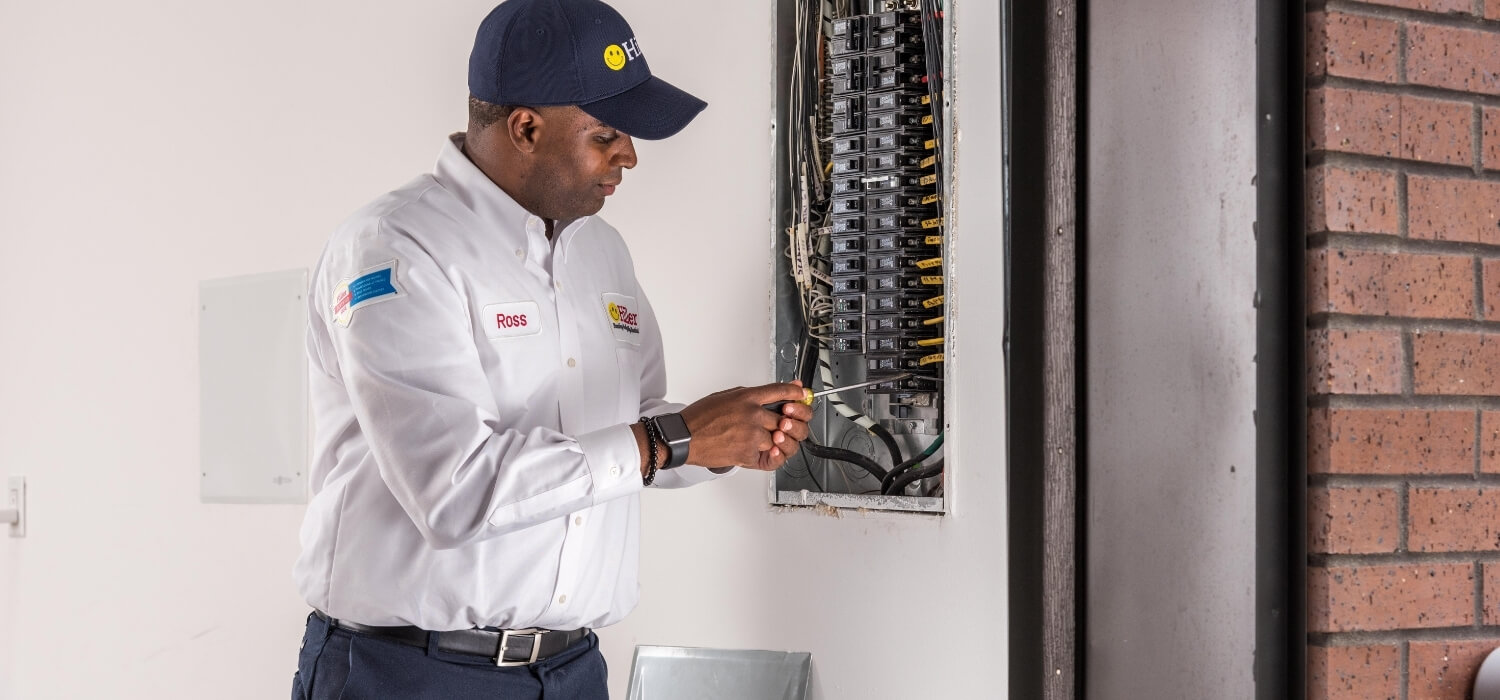
The first question you must ask yourself if you’re considering doing DIY electrical work is, “Can I do the job?” Some jobs you can do yourself, and other jobs are better left to a professional electrician. Knowing what it takes to do an electrical job right may help you decide when to call an electrician.
Before you start an electrical project, you should think about the entire scope of the job. Think about how much it will cost and how long it will take. You may want to hire a consultant to do the planning for an electrical project if you don’t have the experience to figure it out yourself.
For major projects, such as plumbing, gas, and electrical work, acquiring permits is part of the planning process. Some municipalities require that you obtain a permit before you do any work.
Sometimes, this step alone is time-consuming, especially if you don’t know what you’re doing. Furthermore, the permit process in some states only grows more complex as time passes.
If You Must DIY…
When you’re determined to do electrical work, it’s always a good idea to hire a professional to consult on the project. An electrical expert can alert you to any urgent problems.
You could help move the project along by purchasing materials, equipment, and appliances in advance. Still, it’s prudent to consult with an expert about these tasks.
It’s easy to buy the wrong items, or by the wrong number of items. Here, the experience of an electrical professional can come in handy.
When Only a Professional Electrician Will Do
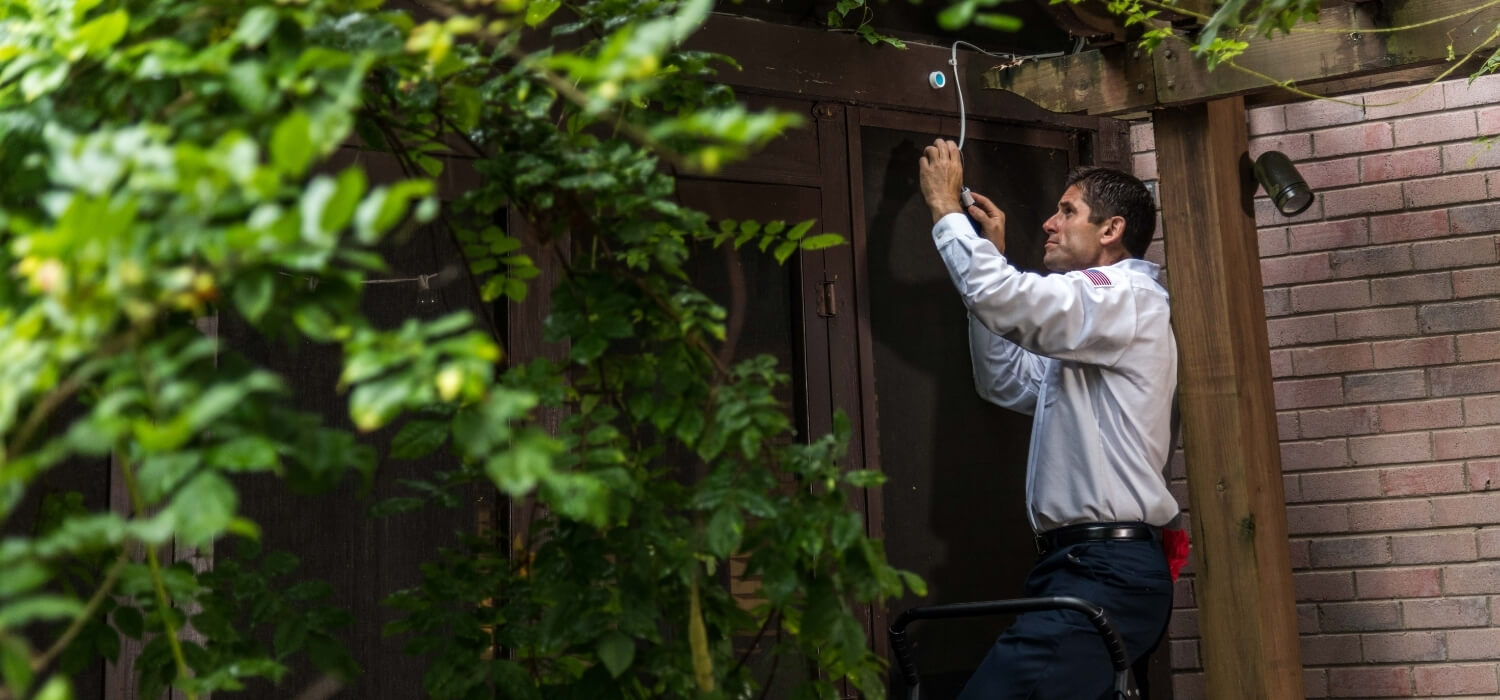
The thing about electricity is that it’s unforgiving. The smallest misstep can cause fire, injury, or death.
A licensed contractor has experience working with electrical systems that are similar to the ones in your home. They’ll know what precautions to take and what actions to avoid.
It’s not always easy to diagnose electrical problems. For example, when a fuse blows or breaker trips, most people assume that the problem lies with the box inside.
However, the issue could originate from somewhere outside of your home. An experienced electrical contractor can get to the root of the problem.
Sometimes, it’s not worth it to do DIY electrical work. Many home fires occur because of faulty wiring and overloaded circuits. You may save money up-front by doing DIY electrical work, but it can cost you down the line.
How To Hire an Electrician

By now, you might think, “I need an electrician!” When searching for an electrical contractor, always make sure that a potential provider is licensed, bonded, and insured. Never work with an unlicensed contractor, even if they have a reputation for being the best electrician in town.
You may save money by working with an unlicensed contractor. However, if something goes wrong, it could cost you more than you ever imagined.
Also, make sure that your contractor applies for any needed permits before beginning work. Don’t ask them to get the permit – ask to see it.
A permit is your guarantee that the contractor will have the work inspected once they’ve completed the job. You should also ask to see a potential contractor’s liability insurance.
Finally, talk to more than one contractor. It’s always a good idea to see what various contractors offer and see who will give you the best deal.
Once you’ve found a deal that makes you happy, get an agreement in writing. The contractor should give you a document that outlines the scope of the project and the price for the work that they’ll complete.
Trust Happy Hiller With Your Home’s Electrical Safety
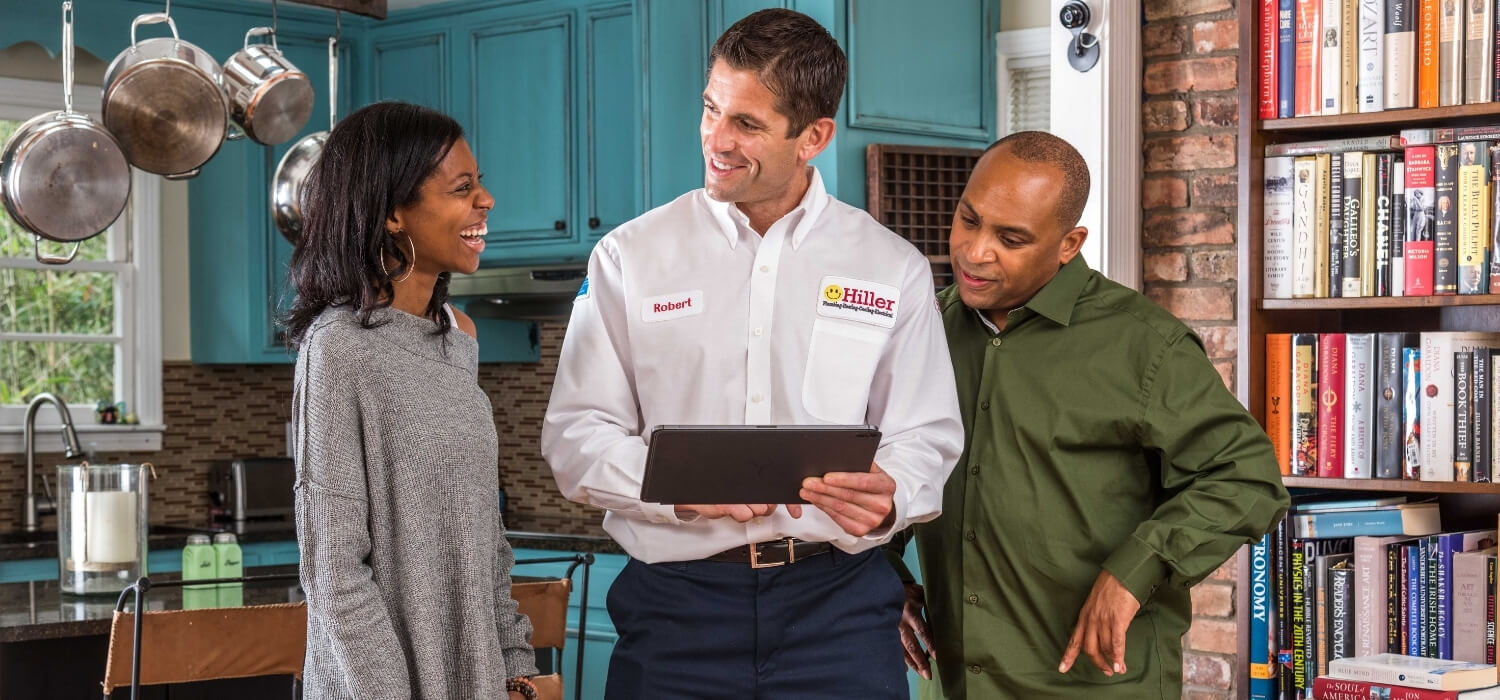
If you need electrical work done in your home, reach out to Happy Hiller to learn how a professional electrician can get the job done right the first time with minimal risk to your family or your home. Our family-owned business has served homeowners in Alabama, Kentucky, and Tennessee for more than three decades.
Contact us today to help with your next electrical project so that you can rest easy knowing that your home and your family are safe and sound.
 Daily Promotion
Daily Promotion
$500 Off Tankless Water Heater
Upgrade your comfort and give back this season.
Get Promotion